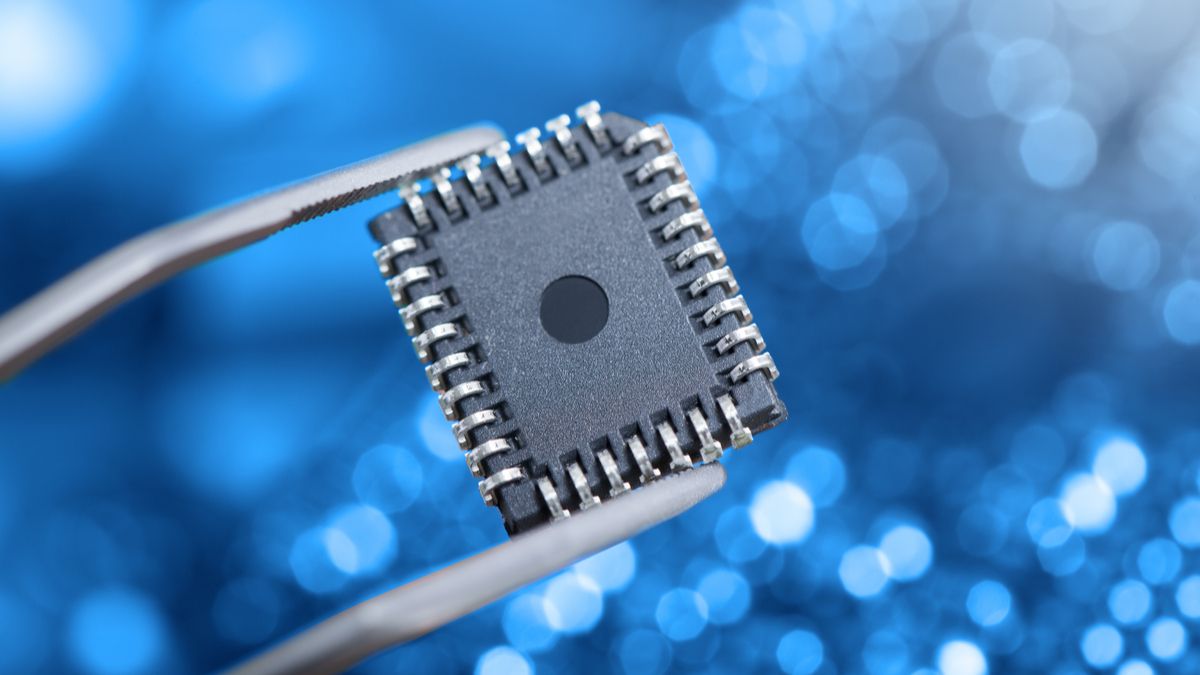The ongoing shortage of semiconductors has caused ripple effects throughout the technology world, affecting the availability of phones, tablets, cars, and many other electronics. The situation has improved slightly in recent months, and Samsung has announced plans to expand chip manufacturing.
Samsung might be best known for selling fully-assembled products like smartphones and refrigerators, but the company also owns some of the best semiconductor foundries in the world -- where the advanced chips that power computers, phones, tablets, and many other devices are assembled. For example, Samsung manufactures all Snapdragon 8 Gen 1 chipsets (which are used in most of this year's flagship Android phones), as well as memory chips used in iPhones. The ever-increasing demand paired with supply chain problems from the COVID-19 pandemic have left advanced chips in short supply. Samsung's main competitor in this space, Taiwan Semiconductor Manufacturing Company (TSMC), has also had recent manufacturing problems.
Samsung announced several changes to its foundry business today. First, the company plans to introduce a 2nm process in 2025 (the same year its competitor is aiming to start shipping 2nm), enabling more powerful and energy-efficient chips, followed by more advanced 1.4nm chips in 2027. Samsung is also working on new designs with non-volatile memory (eNVM), ideal for cars, with 14nm eNVM products planned for 2024 and 8nm after that.
Finally, Samsung is aiming to "expand its production capacity for the advanced nodes by more than three times by 2027 compared to this year." The company is currently building a new fab in Taylor, Texas, in addition to fabs already running in South Korea and the US.
Even though Samsung manufactures many of the world's advanced chips, it's still far behind its main competitor, TSMC, which has a leading edge in technology at the moment. TSMC produces chips for Apple (including M1 and M2), most of AMD's processors, chips for Nvidia and AMD graphics cards, some Intel hardware, and many other products.
Samsung is hoping its new processes and upgraded manufacturing will steal some customers away from TSMC, which could help eliminate the current chip shortage and bring down prices for many electronics. However, much like the recent US CHIPS Act, we won't see the results for a while.
Source: Samsung

